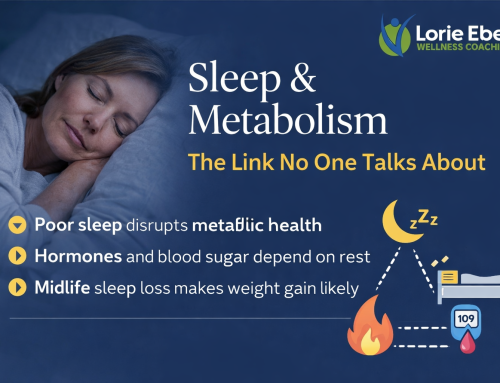What are the risks of childhood obesity? Unfortunately the frequency of childhood obesity is growing.
With this growing epidemic comes many health risks including high blood pressure, high cholesterol levels, Type 2 diabetes, and breathing problems, such as asthma and sleep apnea.
A new study focused on one of the risks of childhood obesity: cardiovascular disease. It concluded that overweight children are as much at risk for heart disease as adults.
While being an overweight child is no picnic — it can be hard to keep up with your friends on the playground, you can’t wear some of the same styles of clothing other kids do, and the teasing can be merciless. New research published in The New England Journal of Medicine shows that the damage goes beyond the social and emotional, too.
Research on the Risks of Childhood Obesity
The study, entitled “Cardiometabolic Risks and Severity of Obesity in Children and Young Adults,” was conducted in this way:
• It enrolled almost 9,000 children and adolescents ages 3–19 who were either overweight or obese (severely overweight).
• Doctors tested these young people for high blood pressure and cholesterol, diabetes, and other important risk factors for heart disease.
• On average, the most severely obese children and teens had higher blood pressures, worse cholesterol profiles, and higher blood sugar levels than those who were just overweight.
• This association was true even when taking into account race, ethnicity, gender, and age.
Obese Children are Just as Likely as Adults to Develop Cardiovascular Disease
This was a cross-sectional study, meaning that it did not follow patients forward in time to see what happened to them. Rather, it examined each patient “in the moment” and identified factors that doctors believe affect the risk for future heart disease.
So, based on the information in this study, we can’t tell which of these young people eventually went on to develop heart disease.
However, we do know that, for adults, controlling blood pressure, cholesterol, and blood sugar are critical to preventing heart disease. It is reasonable to infer that this would also hold true for children.
The majority of the study volunteers were ages 12–19. So it also seems reasonable to conclude that the more severely obese a teenager is, the greater the likelihood that he or she will go on to develop heart disease.
The study also found that the boys and young men tended to have more concerning test results, raising the concern that childhood obesity might be particularly hazardous for them.
This study is incredibly important because it supports what pediatricians have feared for many years now, ever since we noticed rising rates of obesity among our younger patients: if we don’t find ways to help our kids achieve and maintain a healthy weight, we are going to see them become adults who suffer from heart disease at higher rates and at younger ages than ever before.
Helping children achieve a healthy weight
The great news is that we can do something about this! Weight loss interventions do work for younger patients, and are becoming more accessible. Most importantly, we should realize that even a little bit of weight loss can go a long way to living a healthy life, and this is important at every age.
If your child is overweight, I hope that learning about this study encourages you to talk to your pediatrician about helping him or her (or yourself!) lose weight. Ideally, make a plan as a family. Make it a goal for Mom, Dad, and all the kids to get lots of exercise and eat a healthy, well-balanced diet.
Before placing your child on a diet, or enrolling him or her in a weight-loss program, talk it over with your pediatrician. Don’t be embarrassed to do so! I can guarantee you that your doctor has seen many kids struggle with weight and has some expertise on the subject. Together you can create a plan of action that is right for your family and your child.
Click here to read more about the risks of childhood obesity.






